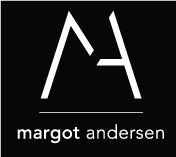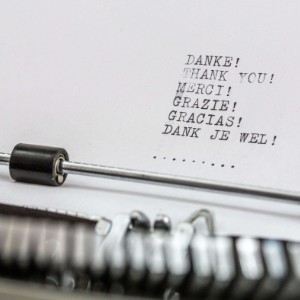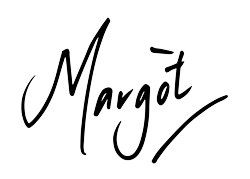‘Those who drink the water must remember those who dug the well’. – Chinese Proverb
Acknowledgement is one of those things that you often don’t miss until it’s not given. Be it in the acknowledgement of someone as they walk into a room, an email received, a mistake made, the contribution of others or great work delivered. Failing to acknowledge can be frustrating, demotivating and at times simply rude.
Yet acknowledgement is something that is so easy to give. It doesn’t cost us anything, is not time consuming and the benefits yielded for both the recipient and the person making the acknowledgement can be far reaching.
As most of us continue to embark upon new ways of working and actively seek out new ways to solve problems without any blueprint (and all the while doing it in isolated environments), acknowledging the efforts, failures and triumphs has never been more important. Like any form of communication, finding ways to do this with purpose and authenticity is paramount. Disingenuous feedback and acknowledgement can often yield more damage than none.
Judy Umlas, author of The Power of Acknowledgement believes it is a new set of habits that need to be developed and cultivated for today’s way of working. All too often we fail or forget to acknowledge others, not because we are thoughtless or unkind, but simply because we can’t always see what warrants it and our more traditional ways of recognising it no longer apply. As such we no longer acknowledge it. Bob Nelson, a leading engagement expert argues that the habit of acknowledgement is simply disappearing from our culture. We have become so use to not giving or receiving it that we no longer look for ways to give it.
There is no doubt that the fast paced and often frenetic ways that we now work require us to learn to ‘see’ what is happening around us in a different way. Coupled with the impact of technology, flexible and remote work environments and the ways we communicate, the way in which we observe each other’s contribution and the way we acknowledge has certainly changed enormously. However despite all these changes we still need to be acknowledged for what we have done. We need to feel connected to what we do, who we do it with and how we offer value to the team and organisational purpose.
So how do you cultivate the habit of acknowledgement? I would encourage you to consider the following seven steps:
Commit To Looking For Opportunities: To identify them you need to firstly commit to looking for them. Reflect on each of your team members and stakeholders and consider what they are currently working on, what they have delivered and where their high value contribution is.
Audit Your Daily Routine: Often there are numerous opportunities to acknowledge others in our every day routines: the commencement of meetings, the incidental tasks that others just naturally assume responsibility for, your regular client conversations or standard supplier communications.
Be Genuine: As with all communication, the benefits of acknowledging of others lies in the sincerity and purpose in which it is given. Be considered with you are acknowledging and how.
Be Timely: Don’t wait! Like feedback, acknowledgement is best given as close to the result is delivered or event occurs. The timeliness reinforces the value of the contribution to the here and now and often serves as a motivator for further effort.
Don’t Delegate It: Personal acknowledgement is just that – personal! It can’t be delivered with as much impact if delivered by your assistant or colleagues. You need to take ownership of your appreciation.
Consider How: To deliver meaningful acknowledgement you need to consider both who you are delivering it too and what the most appropriate format is for that person. If they hate public acknowledgement, think of something that will hold real meaning for them. Sometimes the value of a hand written card can’t be under-estimated!
Leaders with the greatest following are the ones who personally acknowledge others, appreciate their work and guide them to leverage their contributions. This act of personal acknowledgement not only helps to forge stronger relationships by building loyalty and trust with the individuals who work with us, but also helps to enable more productive and timely results.
As always I would love to hear your thoughts.


